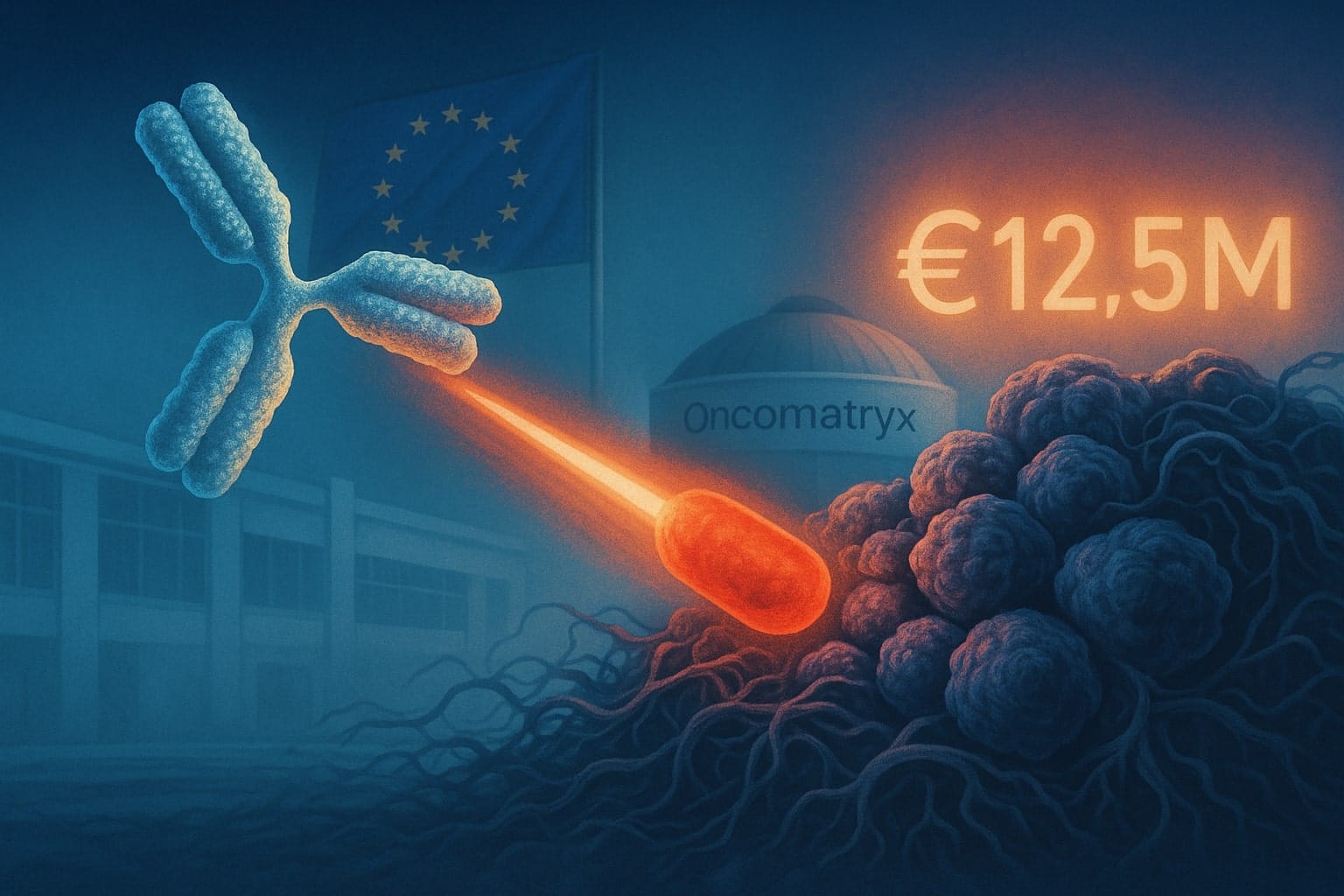AbbVie, a leading biopharmaceutical company, has taken a significant step into the obesity treatment market through a groundbreaking licensing agreement with Danish biotech firm Gubra. The deal, valued at up to $2.23 billion, marks a strategic expansion for AbbVie into a highly lucrative sector, currently dominated by industry heavyweights Novo Nordisk and Eli Lilly. With analysts predicting that the global weight-loss drug market could reach $130 billion by 2030, AbbVie’s latest move signals its intent to capture a share of this rapidly growing segment.
Table of Contents
ToggleDetails of the Licensing Agreement
The agreement grants AbbVie exclusive global rights to develop and commercialize Gubra’s experimental obesity drug, GUB014295. This novel therapy, currently in early-stage trials, represents a new class of weight-loss treatment that could offer an alternative or complementary approach to existing GLP-1 receptor agonists such as Novo Nordisk’s Wegovy and Eli Lilly’s Zepbound.
Under the terms of the agreement:
- AbbVie will pay Gubra an upfront payment of $350 million.
- Gubra is eligible to receive milestone payments totaling up to $1.875 billion, contingent on regulatory approvals and commercial performance.
- AbbVie will oversee all clinical development, regulatory approvals, and global commercialization efforts.
This deal highlights the increasing importance of obesity treatments in the pharmaceutical industry, with major players seeking innovative solutions to address a growing global health crisis.
AbbVie’s Strategic Positioning
The obesity treatment market is undergoing a major transformation, with advancements in weight-loss drugs revolutionizing how obesity is managed. Historically, weight-loss drugs had limited efficacy and significant side effects, leading to skepticism in the medical community. However, recent breakthroughs in GLP-1 receptor agonists have demonstrated unprecedented weight-loss results, fueling interest and investment in this space.
AbbVie’s strategic positioning in this market stems from several key factors:
- Diversification Beyond Its Existing Portfolio: AbbVie is widely known for its blockbuster immunology drug, Humira. With increasing competition from biosimilars, the company has been actively seeking new revenue streams, and obesity treatment presents a promising opportunity.
- Competing with Established Leaders: Novo Nordisk and Eli Lilly have dominated the obesity market with their GLP-1 receptor agonists, but AbbVie’s amylin-based approach could provide a new mechanism of action that differentiates it from competitors.
- Addressing a Growing Medical Need: With obesity rates rising globally, the demand for effective, long-term weight management solutions is at an all-time high. AbbVie’s entry into this market aligns with the growing recognition of obesity as a chronic disease that requires pharmaceutical intervention.

Obesity Drug Market Outlook
The market for obesity treatments has seen exponential growth, driven by new drug approvals and increasing awareness of the health risks associated with obesity. Key industry projections include:
- Goldman Sachs estimates the global obesity drug market could reach $130 billion by 2030.
- BMO Capital Markets projects that annual weight-loss drug sales could surpass $150 billion by 2033.
- Demand for anti-obesity medications is outpacing supply, prompting pharmaceutical companies to ramp up production and research efforts.
These figures indicate a significant opportunity for AbbVie to carve out a niche in this competitive landscape. With obesity increasingly recognized as a metabolic disorder requiring long-term treatment, pharmaceutical companies are investing heavily in developing innovative solutions.
Clinical Development and Future Prospects
Gubra’s experimental drug, GUB014295, is designed as a long-acting amylin analog that mimics the effects of amylin, a hormone involved in appetite regulation. Early clinical trials have shown promising results, including:
- A 3% average weight loss in high single-dose recipients over six weeks.
- Potential benefits in improving metabolic health beyond weight loss, such as better glucose regulation.
While still in Phase 1 trials, GUB014295 represents a new frontier in obesity treatment. If the drug continues to demonstrate strong efficacy and safety, it could become a valuable addition to AbbVie’s pipeline and a major player in the obesity drug market.
Regulatory and Commercial Challenges
Despite the market potential, AbbVie faces several challenges in bringing GUB014295 to market:
- Regulatory hurdles: Securing FDA approval for a novel weight-loss drug requires extensive clinical testing and demonstration of long-term safety.
- Market competition: AbbVie will need to differentiate its drug from existing GLP-1 receptor agonists, which have already established strong footholds in the market.
- Production and scalability: As seen with Novo Nordisk’s supply shortages for Wegovy, meeting global demand for obesity drugs presents logistical and manufacturing challenges.
Conclusion
AbbVie’s entry into the obesity treatment market through its partnership with Gubra signals a strategic shift toward addressing one of the most pressing public health issues of our time. With obesity treatment evolving into a multi-billion-dollar industry, AbbVie is positioning itself as a key player in this space. While challenges remain in regulatory approval and market competition, the company’s investment in innovative weight-loss therapies underscores its commitment to expanding its portfolio and driving future growth.
As clinical trials progress, industry experts will be watching closely to see if GUB014295 can deliver the efficacy and safety needed to make a meaningful impact in the fight against obesity. If successful, AbbVie’s latest venture could reshape the landscape of obesity treatment and solidify its standing as a leader in biotech innovation.












